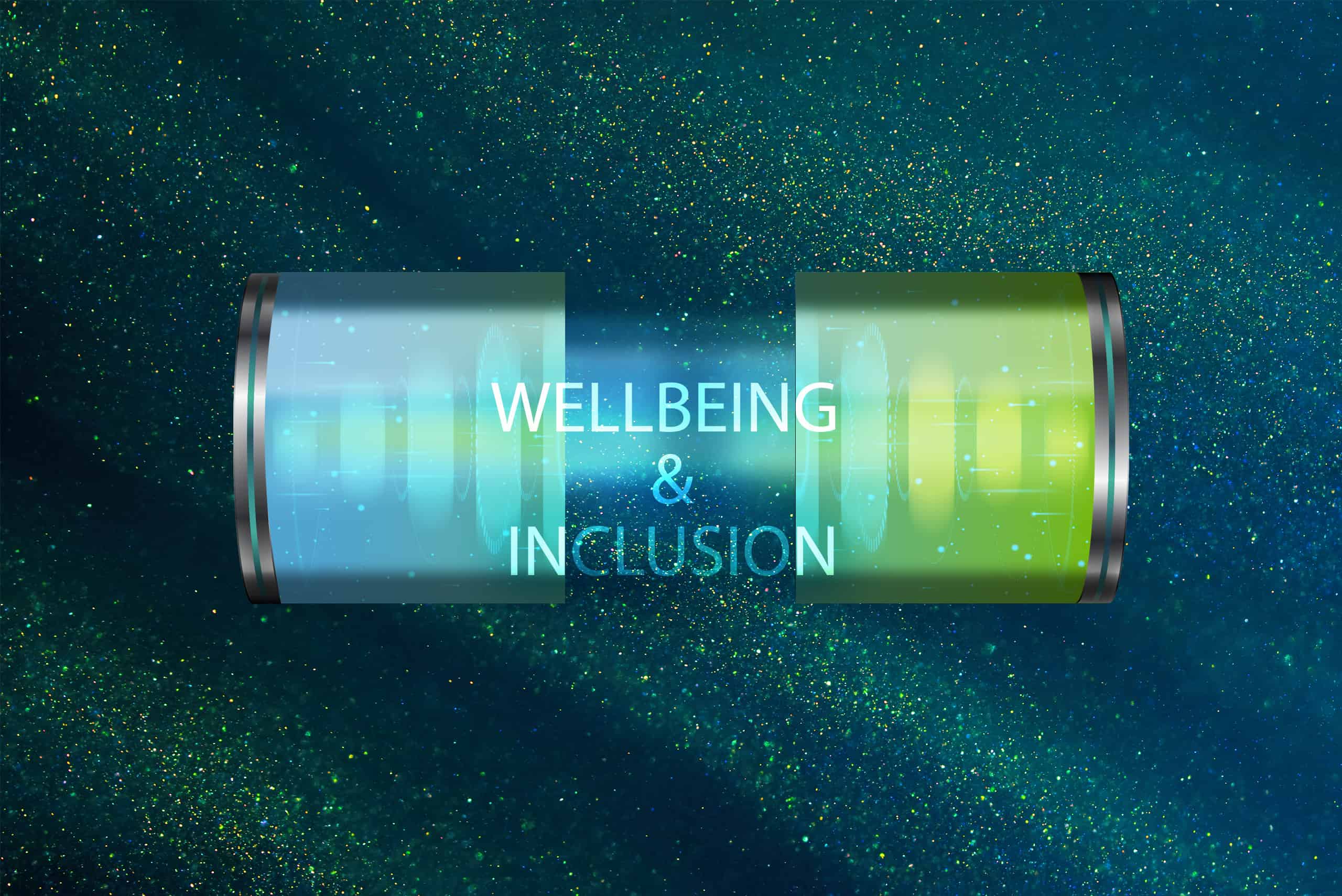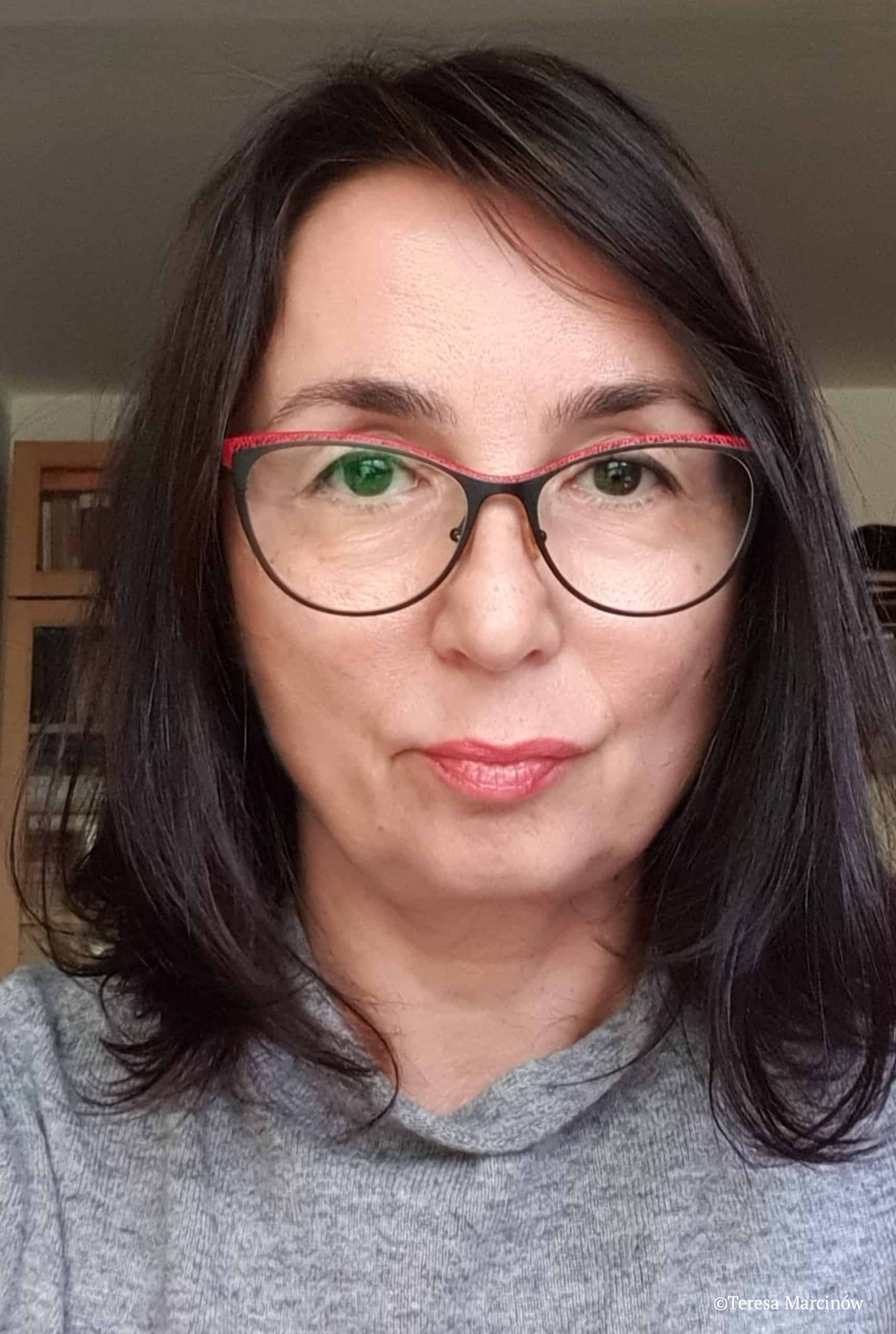
13 December 2023
Wellbeing and inclusion
#25yearsIBSR
Written by Elena Kolosova
Interreg transnational cooperation has brought together people and institutions across borders to work on shared societal risks and unexpected crises. By investing in health and social care and by empowering vulnerable groups, we have increased solidarity and reduced disparities. We take a look back at 25 years of Interreg Baltic Sea Region cooperation for wellbeing and inclusion.
Joining forces for the wellbeing of residents
Interreg projects have been instrumental in promoting the well-being of residents and social inclusion in the Baltic Sea region.
Teresa Marcinów, the Monitoring Committee member from Poland, Ministry of Development Funds and Regional Policy
“Interreg Baltic Sea Region has proven that it is better to join with partners to work on topics, such as climate, environment, transport, societal issues, and also some unexpected crises like pandemics. It is reasonable to seek solutions as a group because the expertise and tools available on a local, regional or national level are not always sufficient. It is worth investing time, effort and money in cooperation in the Baltic Sea area to bring people and institutions together. We’ve managed to encourage people to cooperate and open their minds.”
Shaping public health
In the mid-2000s, projects focused on shaping sustainable public health planning, with the support of the World Health Organisation. Project partners got enormous support from over 33000 respondents to a more bottom-up approach in public health policies emphasising participation, communication, and commitment.
Becoming more inclusive
Between 2009 and 2014, projects helped older professionals remain active in their jobs and became tutors to younger workers and start-ups. Further, they supported women in seeking employment and leadership roles, promoting gender equality in the workplace.
Max Hogeforster, the Hanse Parliament, Germany
“I would like to mention the project Quick IGA, which stands for Innovative SMEs by Gender and Age. In this project, we established guidelines on how to increase the share of female entrepreneurship. Although the project ended in 2014, it is still very relevant today.”
Advancing social agenda
From 2016 to 2021, projects continued to advance the social agenda in the region by empowering vulnerable groups, such as elderly people, migrants, and single parents, to be active, engage in community actions, and even start their own businesses. The projects also provided access to new digital mobility solutions for elderly and young people in villages, offering transport-on-demand and rural car sharing. Projects took an innovative approach to developing new tools. Public health authorities and SMEs designed eHealth apps together with children and young people, to improve health behaviour and physical activity among adolescents. SMEs and universities collaborated to design smart furniture for elderly to enhance their life quality and independence in their home environment. Over 100 seniors and their caregivers tested these new solutions in real-home environments.
Teresa Marcinów, the Monitoring Committee member from Poland:
“Even though some regions are separated by many kilometres, they share certain challenges related to, for instance, new demographic phenomena and the necessary economic changes related to them. For example, the BaltSe@nioR project brought furniture producers, academia and senior citizens together to create better conditions for the ageing groups of society. In a similar context, we also have projects working in the health sector. The Programme helps understand that it is very important to prepare solutions in close cooperation with their potential users.”
#25yearsIBSR
This year, our Interreg Baltic Sea Region Programme is celebrating its 25th anniversary. For more examples of #MadeWithIBSR project results and testimonials of great people who have helped shape the regions with us, visit our birthday celebrations page!
Want to know more about the projects that have been facilitating wellbeing and inclusion? Flip through the project examples below:
More recent news
Grand results of the first round of small projects!
Despite the winter scenery, the results of 17 finalised Interreg Baltic Sea Region projects are in full bloom! And behind them lie two years of intensive work across borders, mutual learning and inspiration, and connections that last.
Climate-neutral future at hand for Baltic Sea region cities
Turning a city into a climate-neutral one requires knowledgeable people, thorough planning and solid financial resources. But how can cities manage this transition smoothly? The Interreg project Climate-4-Case guides cities around the Baltic Sea on how to do that right.
Designing Interreg Baltic Sea Region that belongs to everyone
10 December 2025 Designing Interreg Baltic Sea Region that belongs to everyone Written by Eeva Rantama What if the next Interreg Baltic Sea Region...
Monitoring the Programme’s progress: transnational cooperation in the making
Representatives from nine Programme area countries gathered in Berlin on 19-20 November 2025 to review the progress of the Programme’s implementation and start preparing for the post-2027 period.







